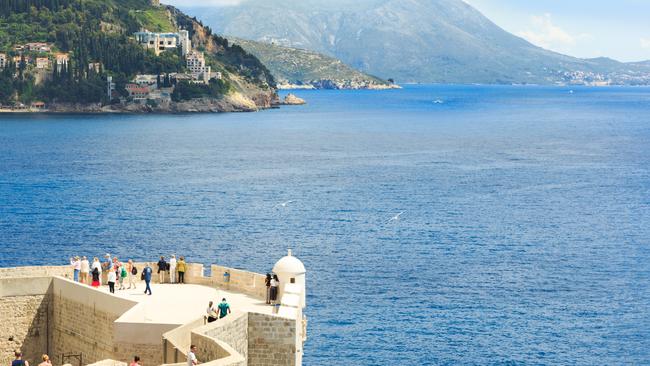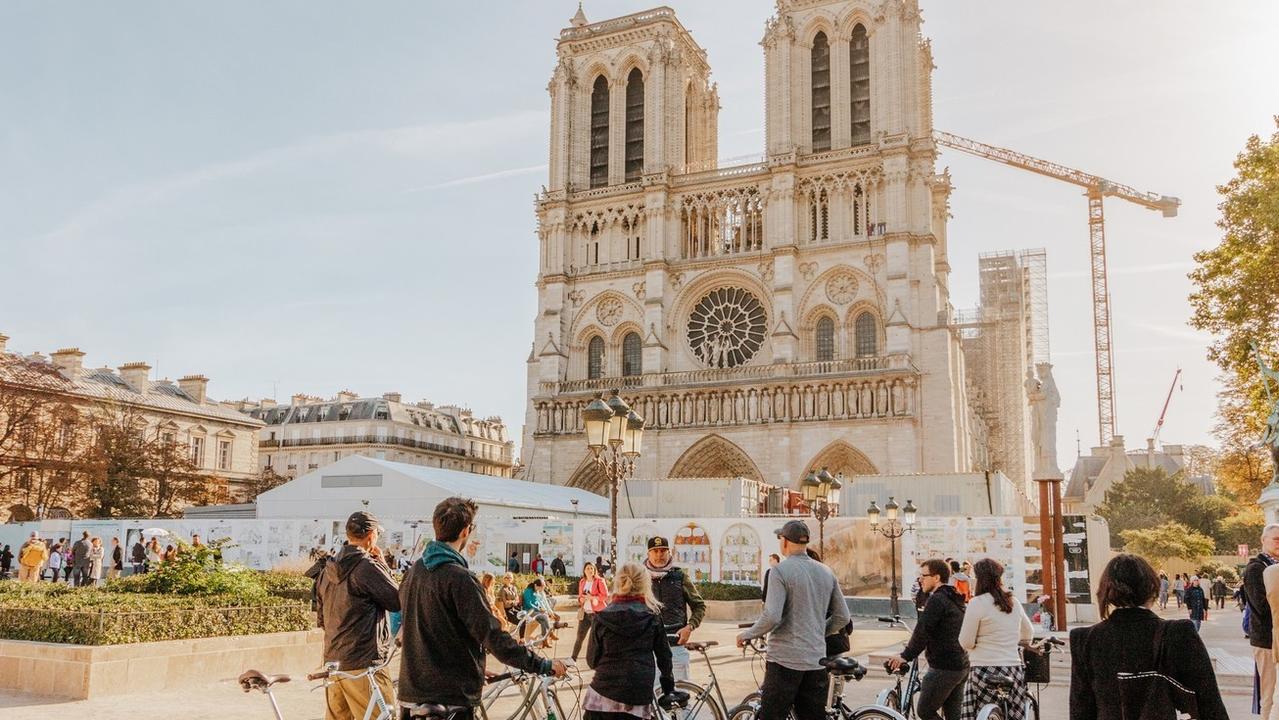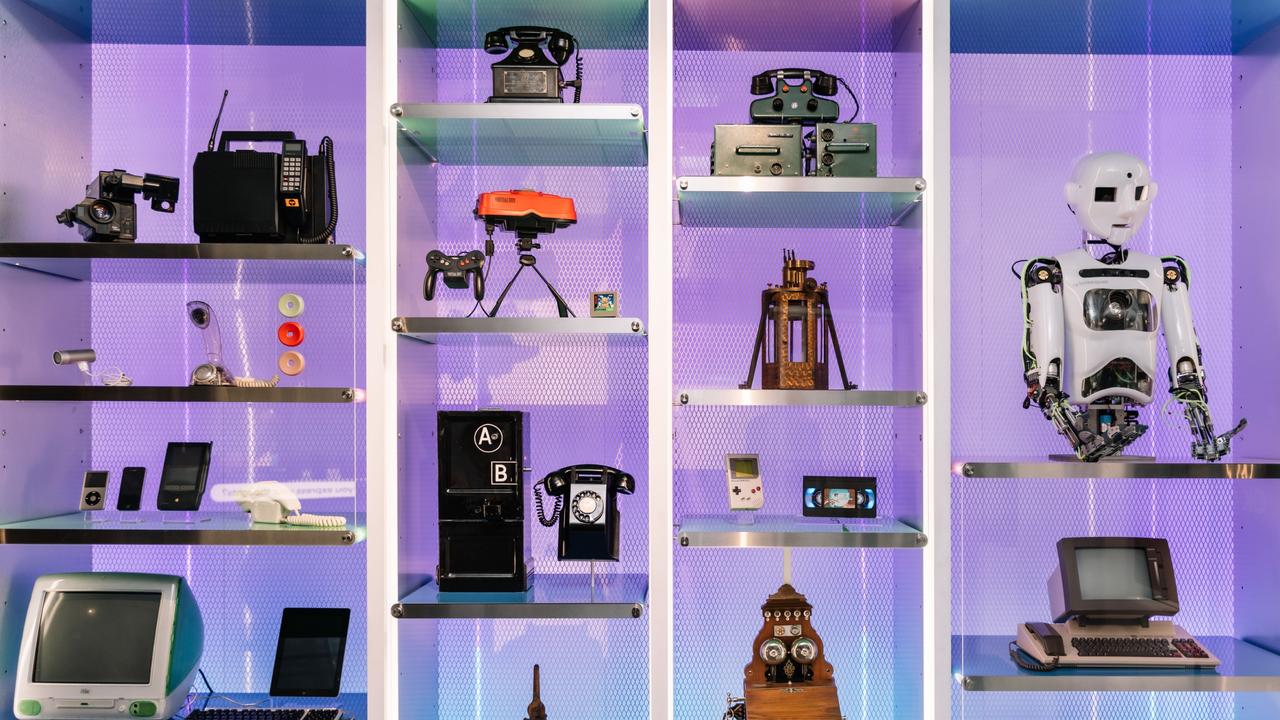Seize the Mediterranean
It is not the sea that makes this day special, it is the generosity of spirit.

The Mediterranean is a sea but it is also a state of mind. With time it becomes an instantly recognisable emotion, whether your vantage point is in Europe, the Middle East or Africa.
From Italy to Israel, Monaco and Morocco, the Mediterranean goes by many names — Ligurian, Alboran, Thracian, Myrtoan, Tyrrhenian, Adriatic, Aegean, Libyan, Icarian, Levantine — bestowed by nations pretending it’s possible to carve water.
“The Mediterranean (is) not only one place but many,” Paul Theroux wrote in 1995 memoir The Pillars of Hercules, describing his circumnavigation of the sea from Gibraltar to Ceuta.
In the holy town of Sidi Bou Said, near the ruins of ancient Carthage in Tunisia, the vivid arrangement of painted doors, whitewashed buildings and brilliant bougainvillea could be a Greek village gone astray, if not for the muezzin’s calls and the elegant veiled women in the shade of its cobbled laneways.
On Menorca, the wildest of the Balearic Islands, the landscapes range from desert-red sands to white limestone cliffs dissolving into crystal waters the colour of rich people’s pools. But it is always undeniably Mediterranean.
From the medieval walled city of Dubrovnik to the bustling corniche of Beirut, there is the same luminous blue backdrop, the same benevolent climate, the same shared history of empires and religions.
I used to think it was the sea that defines and unites the diverse cultures and peoples of the region. But it only does so in a physical sense. It is, as Theroux also observed, “a stage set … It gives drama to a trip — it is background”.
What unites the Mediterranean is something less tangible, more human.
In Barcelona on a still-hot September weekend, my Catalan friend Alberto drives me to lunch at El Camping, the Costa Brava holiday park where his parents have kept a beach address for 44 years, since before he was born.
We drive there around noon on a Sunday, along the coast northeast of Barcelona past the capital’s concrete sprawl and the odd minor castle. One of them, the 11th-century Castell de Santa Florentina at Canet de Mar, stood in for Samwell Tarly’s ancestral home in Game of Thrones.
We turn right towards the coast at Penida de Mar and pull up beside the placid, golden-sand seafront.
His mother, Ana, has bought a leg of the best jamón ibérico de bellota and expensive tinned berberechos (cockles) and mussels to keep us snacking happily while she fires up a giant paella pan.
Next-door neighbour Paco arrives with a prawn salad. He and wife Marga are joining us for Sunday lunch alongside Ana, her husband Timo and their grandson Ulisses. And Toni, Pili, their daughter Jenny, her English husband Tom and little Alma. Uncle Paco drops in later for coffee.
Timo decants a bottle of cava into the porron, a slim-necked carafe, and passes it around the picnic table. The trick, as he and Alberto demonstrate, is to throw the head back, hold the porron at arm’s length above the mouth, and pour the cava in a steady stream into an open throat. Surprisingly easy to do and lots of tipsy fun.
Then Ana heaps our plates high with paella, the rice barely visible under the piled seafood of fist-sized crab chunks, cigales (slipper lobsters), prawns, mussels, pipis and more. Everyone protests about the enormous servings; Ana just laughs and shoos their words away.
After lunch Alberto and I walk across the road and dunk ourselves in the warm sea. The water is translucent (this is one of Europe’s cleanest, Blue Flag beaches) and deliciously salty. We doze on the sand in the late afternoon sun, soothed by the constant metronome of waves slapping sand.
But it is not the sea that makes this day special. It is the generosity of spirit, the sense of welcome and warmth I feel among people I’ve mostly just met. The ability to cast cares aside among friends and embrace the present is, for me, the true character of the Mediterranean.
It reminds me how life could be — should be — lived.
Always in the moment.



To join the conversation, please log in. Don't have an account? Register
Join the conversation, you are commenting as Logout